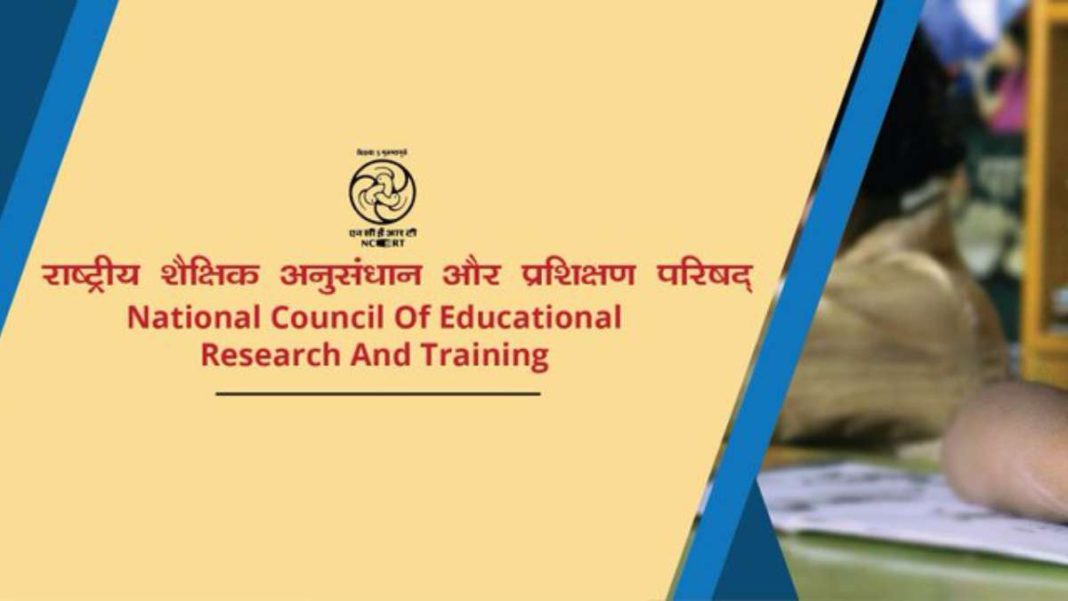INDIA: A panel on social sciences constituted by the National Council of Educational Research and Training (NCERT) has recommended replacing the name ‘India’ with ‘Bharat’ in school textbooks. This unanimous recommendation was made by a seven-member high-level committee, chaired by CI Isaac, and found mention in the final position paper on social sciences drafted by the panel.
The committee’s decision to recommend the use of ‘Bharat’ in textbooks for students of all classes is based on a historical perspective. CI Isaac explained, “The term ‘India’ started being commonly used only after the establishment of the East India Company and the battle of Plassey in 1757. On the other hand, the use of the term ‘Bharat’ dates back to more than 5,000 years.” This perspective underscores the rich historical and cultural heritage associated with the name ‘Bharat.’
It’s noteworthy that Article 1(1) of the Indian Constitution states, “India, that is, Bharat, shall be a Union of States,” emphasizing the dual nomenclature for the nation. This recommendation from the NCERT panel aligns with ongoing discussions surrounding the use of the term ‘Bharat’ in official contexts.
However, it’s important to clarify that the NCERT has issued a statement to the media, indicating that no final decision has been made regarding this recommendation. The development of new syllabi and textbooks is currently underway, with various Curriculum Area Groups of domain experts being consulted. Therefore, it’s deemed “too premature to comment” on the matter at this stage.
This proposal follows recent instances of the Indian government promoting the use of ‘Bharat’ in official contexts. For example, invitations for the G20 presidential dinner in September referred to the event being hosted by the “President of Bharat.” Furthermore, in the G20 heads of state’s meeting, the nameplate in front of Prime Minister Narendra Modi also featured the term ‘Bharat’ instead of ‘India.’
In addition to the suggested name change, the NCERT panel has recommended the introduction of the Indian Knowledge System (IKS) in the curriculum for all subjects. This reflects an effort to emphasize traditional Indian knowledge and heritage.
The panel has also proposed replacing ‘ancient history’ with ‘classical history’ in history textbooks, as this distinction is seen as more accurate and reflective of India’s rich cultural and historical legacy.
The shift in terminology, if approved, would likely have far-reaching implications for educational materials and official documents. It is a reflection of efforts to preserve and celebrate India’s diverse and ancient heritage while addressing historical inaccuracies in the country’s colonial-era education system. As the discussions continue, the nation awaits a final decision on this proposal from the NCERT.
Also Read: Uncertain Future for Sergio Perez as Ex-F1 Racer Warns of Contract Vulnerability



